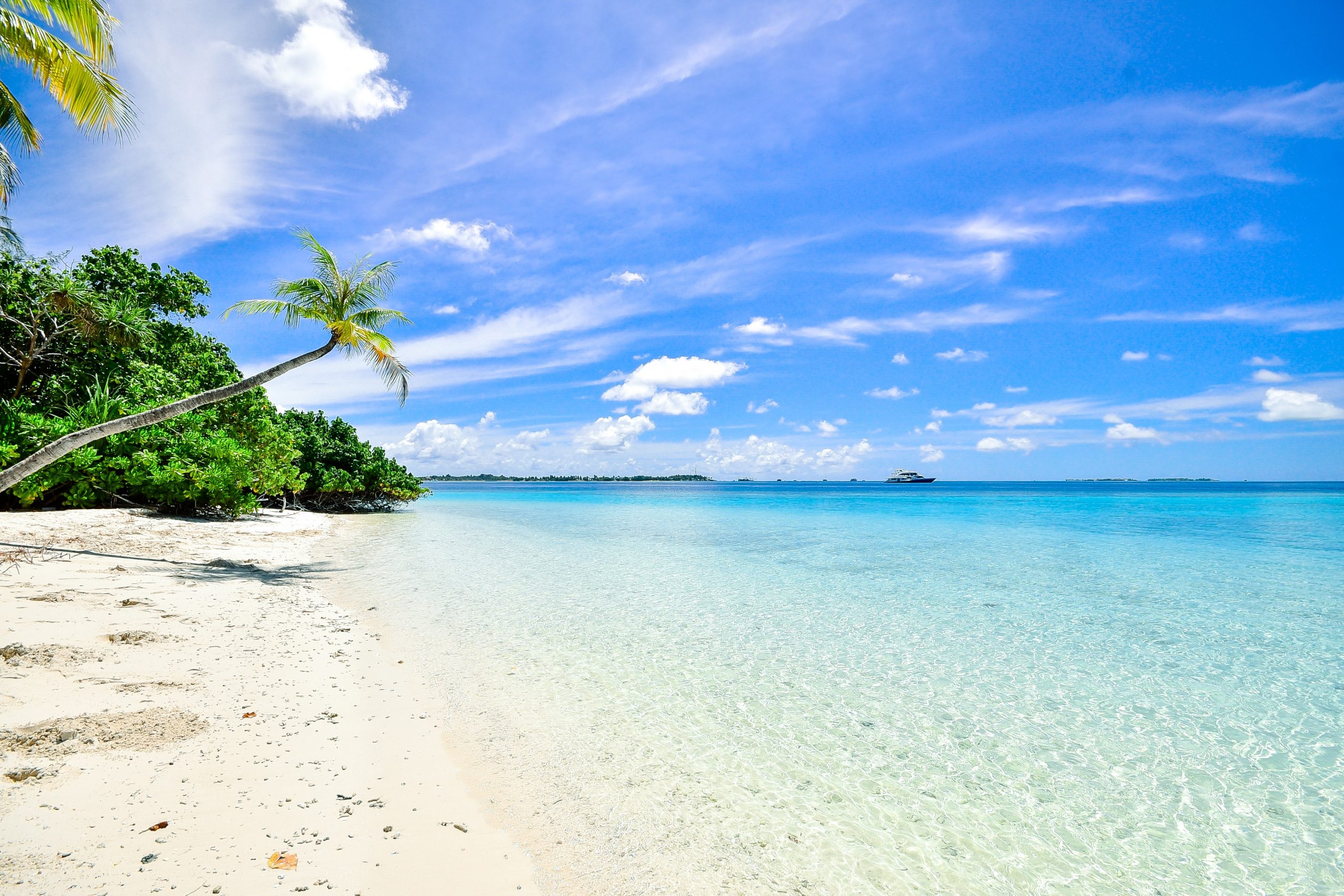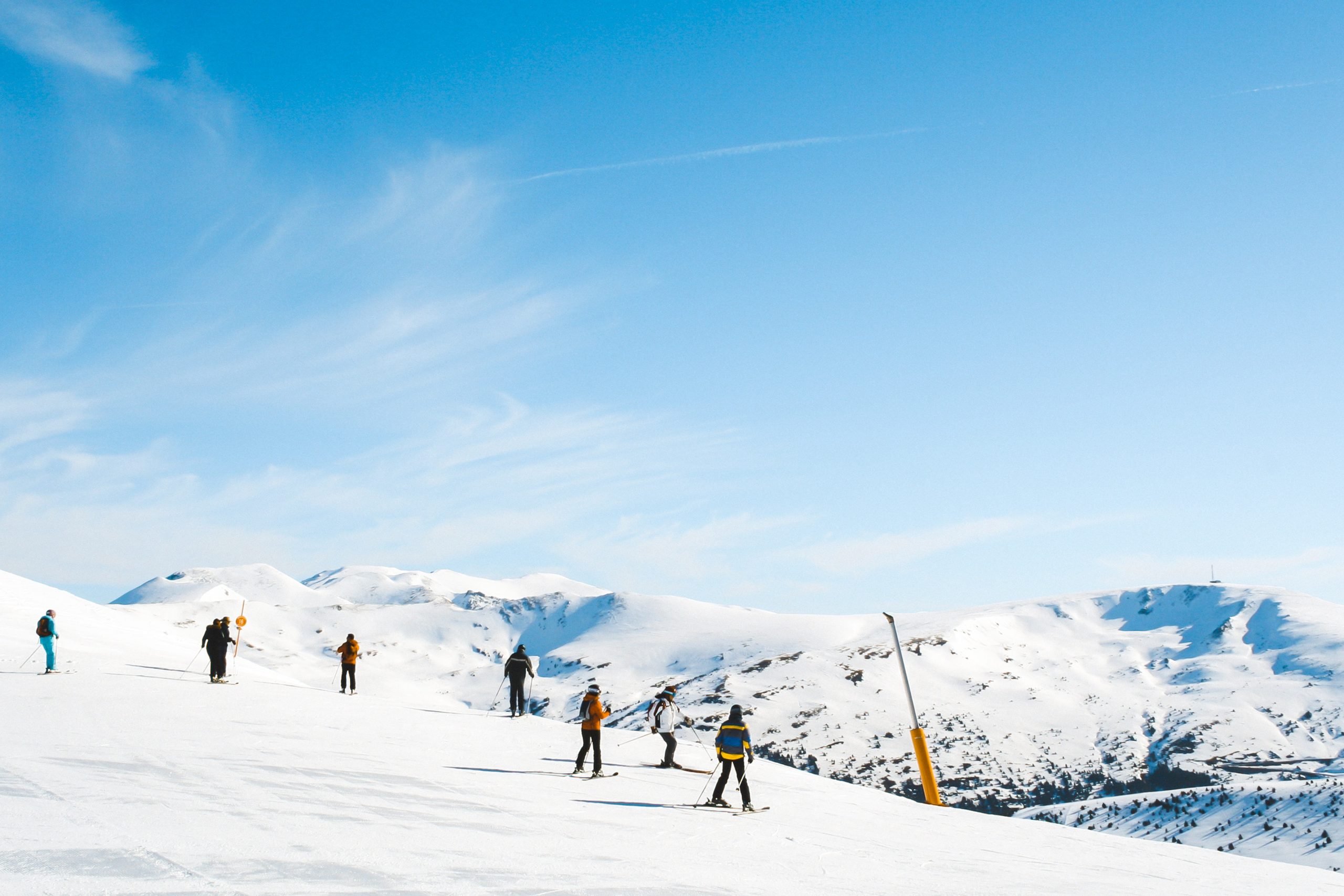
The first heating bills will tell how much Hungarians will be able and willing to spend on winter travel.Continue reading

The winter season is about to begin and Hungarians do not seem to be giving up their winter trips. There is considerable interest in skiing, but many are turning to cheaper and closer resorts.
Ski resorts in Bosnia and Herzegovina and Serbia are also on the map for Hungarian tourists this year, reports Világgazdaság, a Hungarian economic website. The reason is that ski passes and accommodation in these countries are cheaper than in Western Europe. Nor is it a negligible factor that the rise in travel costs is also pushing Hungarian skiers towards closer mountains.
Balázs Bakó, a spokesman for the Association of Hungarian Travel Agencies, told Világgazdaság that although demand for ski trips has been down significantly because of Covid, there could be an improving trend now.
Demand for trips abroad is recovering, even as prices have risen by 15-20 percent compared to last winter.
The main reason for the rise in prices is the euro exchange rate, which was 360-370 forints last year but has already jumped to around 420 forints this year. At this time of the year, other costs such as the price of a ski pass or accommodation for skiing make a big difference.
But it is not just snowy winter destinations that attract Hungarians.
Exotic destinations such as Dubai, the Maldives, the Seychelles, or even Dominica and Cuba are also popular among Hungarians.
Individual exotic holidays by flights are available from 1 million HUF (EUR 2,420) per person, but prices are also greatly influenced by the destination, the duration, the category of accommodation, and the activities on offer.
According to the spokesman, the extended winter school holidays are boosting outbound tourism, with Hungarian families now also showing interest in the group and individual travel options available in the first week of January.
As Bakó mentioned, what is striking is the demand for package holidays and travel agencies, which is mainly explained by the need for increased security among outbound travelers. He added that this year has been a bumpy one due to price increases, with many popular destinations managing to meet or even exceed their 2019 revenues even with fewer passengers.
Featured photo via Pexels